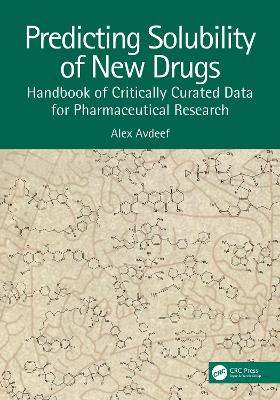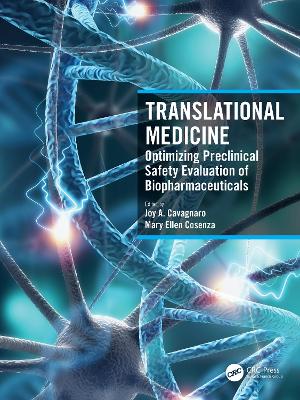Patient-Derived Xenografts
 portes grátis
portes grátis
Patient-Derived Xenografts
Methods and Protocols
Saad, Mohamed I.
Springer-Verlag New York Inc.
04/2024
244
Dura
9781071638576
15 a 20 dias
















